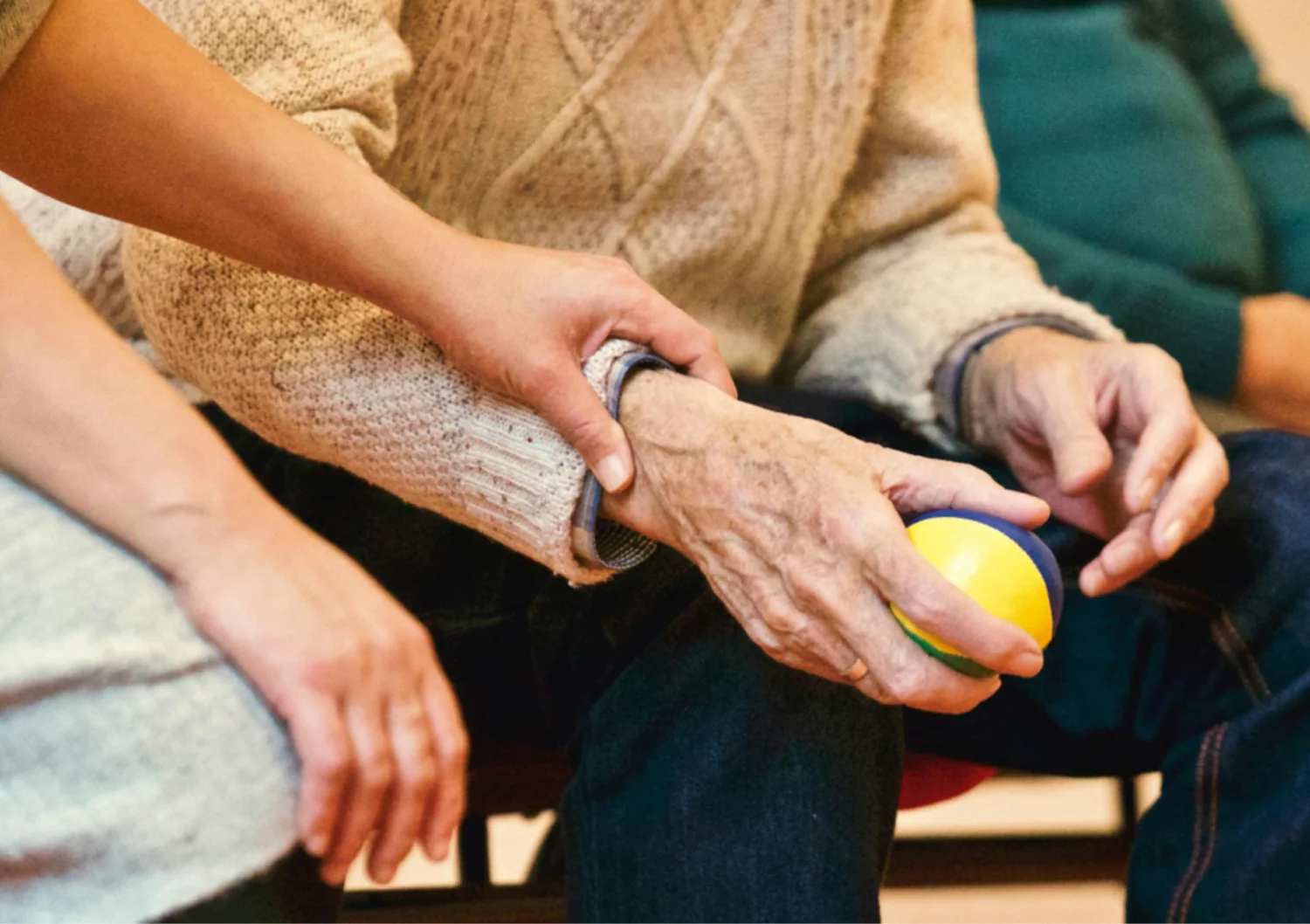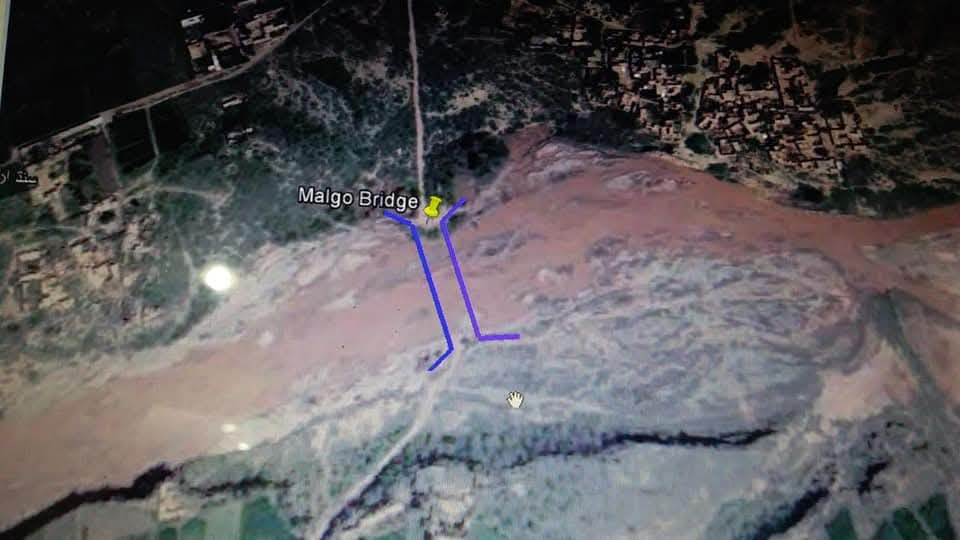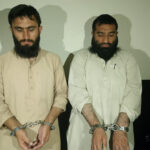By Junaid Toru
Outrage grows in Khyber Pakhtunkhwa as police investigate torture and sexual abuse allegations at unregistered madrassa
SWAT,
A 13‑year‑old boy has died after being allegedly tortured by his teachers at a religious school in Pakistan’s northwestern Khyber Pakhtunkhwa province, in a case that has sparked widespread outrage and renewed scrutiny of child safety in religious institutions.
Majid* (name changed), a quiet and diligent student, had been enrolled at a seminary in the Khwazakhela area of Swat to memorize the Holy Quran a course known as hifz‑e‑Quran. He lived on campus because the school was about 15 kilometers from his home. By the time of his death, he had memorized 10 paras (sections) of the Quran and, according to relatives, dreamed of one day becoming a hafiz, or master of the sacred text.
But when his uncle Nawab (name changed) dropped him off at the seminary on July 19, something felt different.
“He didn’t want to go back this time,” Nawab recalled in an interview. “He told me they had beaten him before. I went to the teachers myself, and they promised nothing would happen. Only then did I take him back.”
Barely three hours after Nawab returned home, police called. His nephew, they said, was dead.
A Fatal Beating Behind Closed Doors
Witnesses told investigators that shortly after Majid’s return, a teacher ordered him to stand in the courtyard holding his ears a humiliating punishment common in some schools. Moments later, they took him inside a room where three teachers were waiting.
“They beat him with sticks and a rubber pipe,” said one student, who requested anonymity for fear of reprisals. “He cried for water, then he collapsed. By the time someone brought help, he was barely breathing.”
Videos recorded by other students show children crying and trembling in the aftermath, their voices shaking as they described what happened.
Majid’s body, his family said, was covered in bruises and open wounds. His funeral was held the same evening.
“We buried him with our own hands,” Nawab said, his voice breaking. “No parent, no uncle, should ever have to see a child like that.”
Police Launch Murder and Child Protection Cases
Local authorities moved swiftly. Aziz Khan, Station House Officer (SHO) of Khwazakhela, confirmed that two First Information Reports (FIRs) had been registered.
One FIR charges the seminary’s administrator, Muhammad Umar, and his sons Abdullah and Ehsanullah with murder. A second, filed under the Khyber Pakhtunkhwa Child Protection Act, names all teachers present at the time of the beating.
“Our initial investigation shows that Ehsanullah had earlier attempted to sexually abuse Majid,” Khan said. “The boy resisted and informed his uncle. That complaint appears to have provoked the accused, who then carried out a brutal beating.”
Four suspects, including Abdullah, are in custody. Police are conducting raids to arrest the remaining suspects, including the administrator and his son Ehsanullah.
Meanwhile, more than 150 other students have been moved from the seminary into protective custody. Officials say the seminary will be sealed permanently after all students are safely reunited with their parents.
“Islam Does Not Allow Beating Children”
The killing has provoked anger not only among activists but also among senior religious leaders.
Maulana Tayyab Qureshi, Chief Khateeb (chief preacher) of Khyber Pakhtunkhwa, condemned the incident in unequivocal terms.
“This is the height of cruelty,” he said in a statement. “Islam does not allow beating children. Those involved in this incident must be given the strictest punishment, and parents should avoid enrolling their children in unregistered seminaries where there is no oversight.”
Qureshi said religious education must be rooted in compassion.
“A madrassa should be a sanctuary of learning,” he added. “Those who turn it into a place of torture are committing both a grave sin and a serious crime.”
A Wider Crisis of Child Protection
Majid’s death is part of a disturbing pattern of violence against children in Khyber Pakhtunkhwa.
Data from the provincial Child Protection and Welfare Commission show that 794 child rights violations were reported over the past year. These include corporal punishment, sexual violence, forced labor, disappearances and, in some cases, murder.
Activists warn the actual number is likely much higher, as many cases go unreported due to fear, stigma, or lack of access to authorities.
“Many teachers still think corporal punishment is acceptable,” said Imran Takkar, a prominent child rights advocate. “But under the Khyber Pakhtunkhwa Child Protection Act, even a slap is a criminal offense, punishable by up to six months in prison.”
Takkar stressed that Majid’s case goes far beyond ordinary abuse.
“This is not discipline. This is torture and murder. The law prescribes life imprisonment or even the death penalty for such crimes,” he said.
Calls for Reform and Oversight
Civil society groups are now calling for stricter regulation of seminaries. Proposals include mandatory registration, regular inspections, background checks on teachers, and community hotlines for reporting abuse.
Legal experts are urging the government to establish fast‑track courts for cases involving child abuse to ensure swift justice.
“Delays in prosecution often discourage families from pursuing cases,” said one lawyer in Peshawar familiar with child protection law. “When justice is visible and timely, it deters future abuse.”
A Community in Mourning
Back in his village, Majid’s mother has been inconsolable. Neighbors and relatives have gathered to offer prayers and demand justice. The atmosphere is heavy with grief and anger.
“Majid wanted to become a hafiz and make his parents proud,” said one neighbor quietly. “Instead, we are praying for his soul.”
A Call No One Can Ignore
For many in Khyber Pakhtunkhwa, Majid’s death is a turning point a moment that lays bare the urgent need for reform and accountability.
“If your child reports abuse, act immediately,” activist Imran Takkar urged parents. “Remove them from danger, inform the police, and pursue legal action. Silence only protects the abusers.”
Religious leaders, police officials, and child protection advocates now agree on one point: Pakistan’s children must be kept safe, whether in a classroom, a home, or a madrassa.
For Majid’s family and the community left behind, the hope is that his death will not be in vain and that no child will ever again pay the price he did in the pursuit of knowledge.












